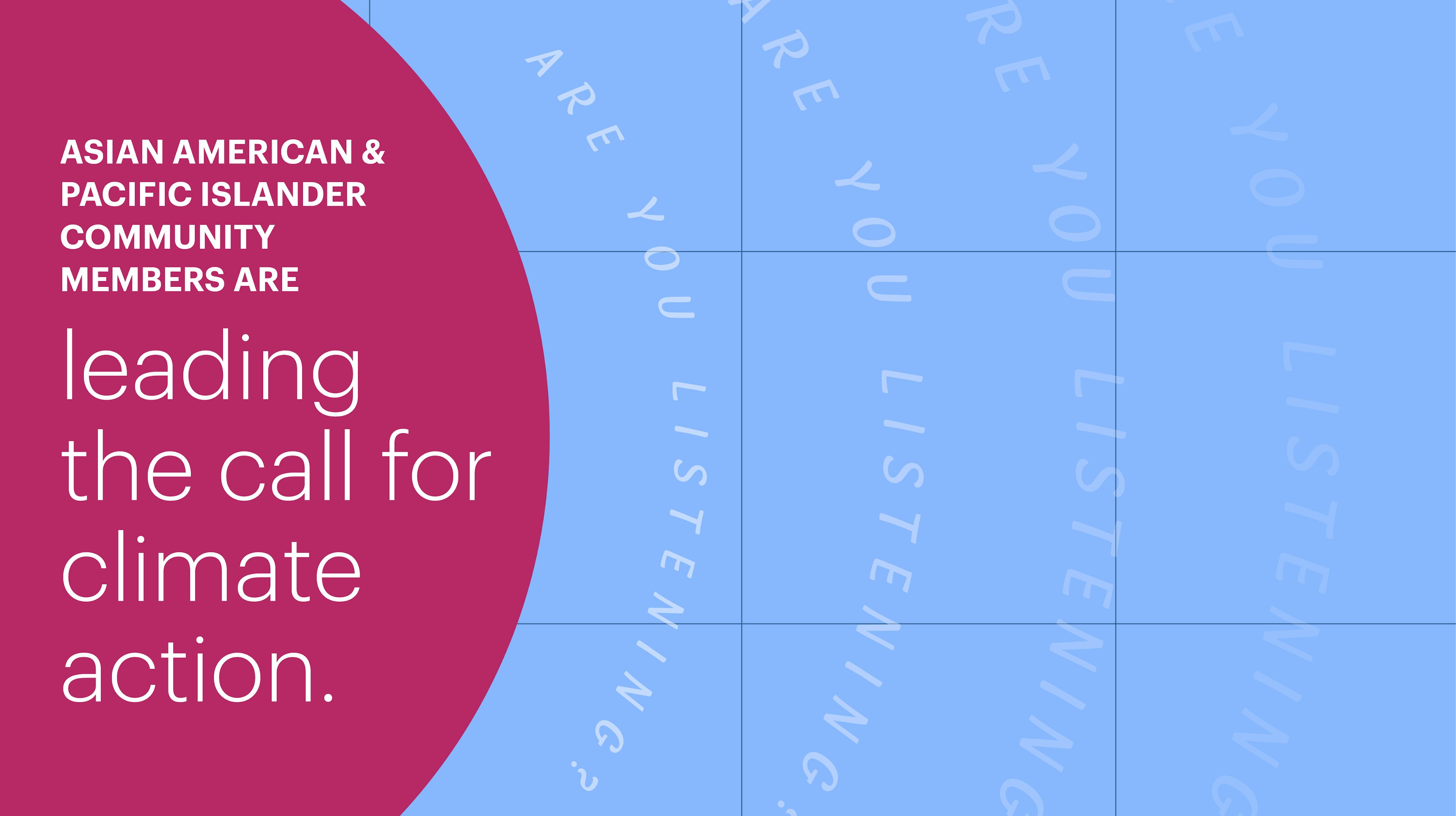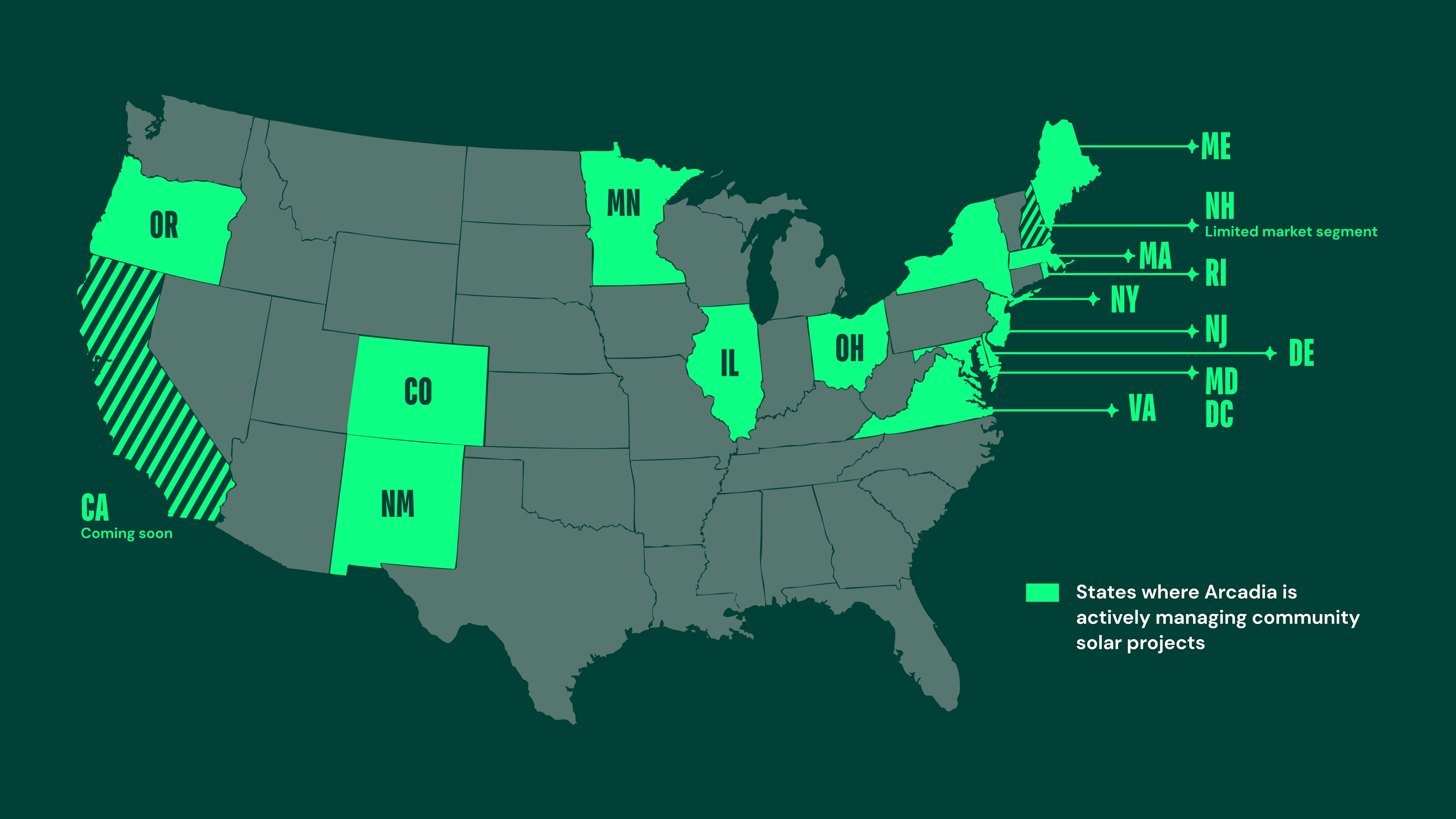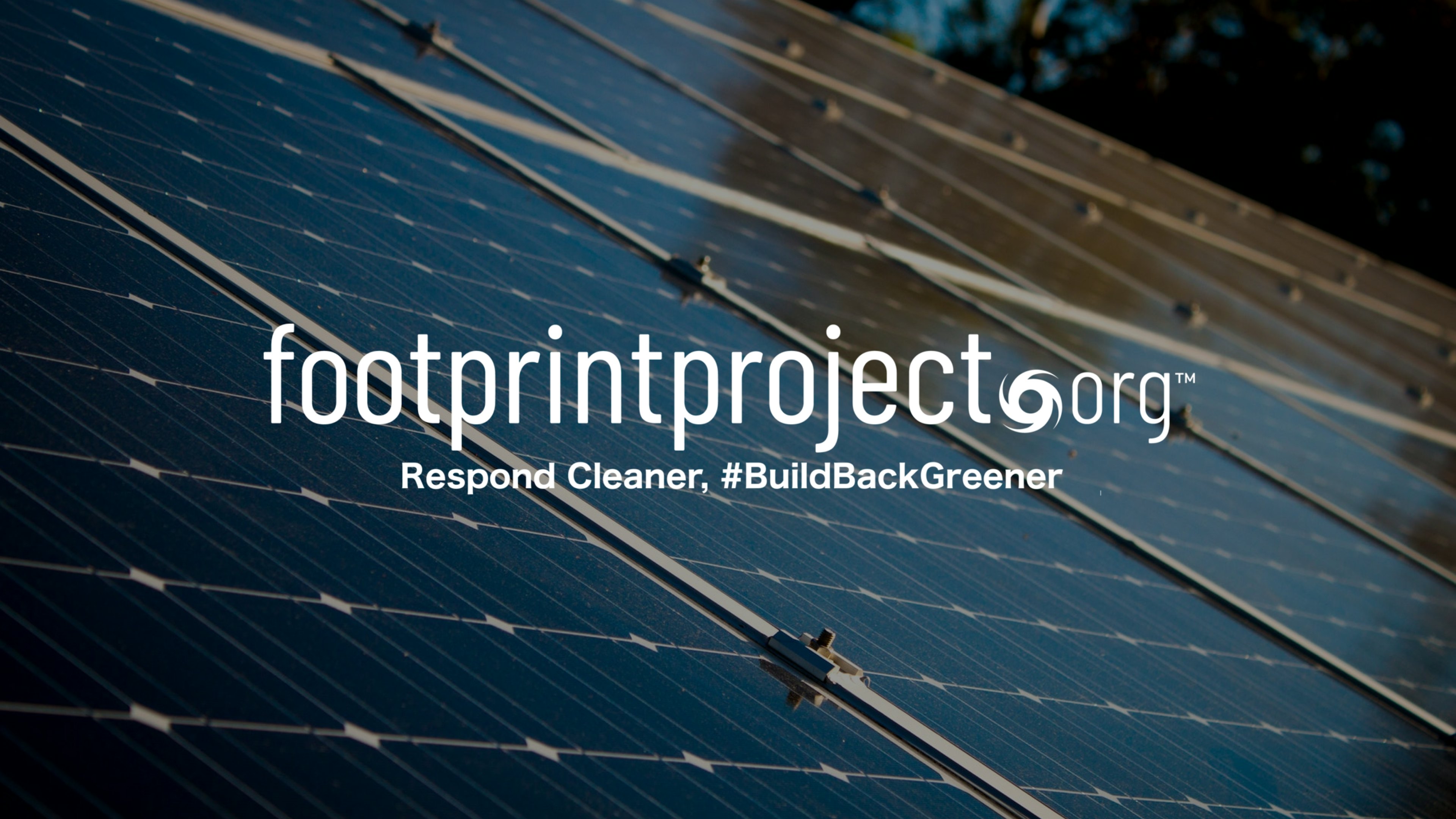Celebrating and learning from AAPI environmental leaders

May is Asian American and Pacific Islander (AAPI) Heritage Month! The Arcadia team is excited to share in this opportunity to celebrate Americans of the Asian and Pacific Islander diaspora whose work in various fields continues to advance the environmental movement. The voices of these allies to the environment have not been amplified appropriately, even as they have passionately defended our planet.
We acknowledge that not nearly enough recognition has been given to folks of the AAPI community for their accomplishments in the climate space.
So let’s not only call attention to the significant contributions of AAPI environmental experts, but also reflect on why a web search for “American environmentalists” still results in a largely white group — and check in on what we’re personally doing to seek out, listen to, and follow the climate leadership of Asian Americans and Pacific Islanders throughout the year.
We hope that highlighting a few of the many powerful AAPI voices provides a space for you to revisit or explore someone’s climate activism – because the collective movement we need will not succeed if people remain erased. Join us in uplifting the work that Americans of Asian and Pacific Islander descent have done on behalf of people and the planet. When we do, we can advance our mission more unified and powerful than ever.
Sophia Li
Sophia Li is a renowned multimedia journalist, film director, and self-identified “climate optimist” on a mission to “humanize issues such as the climate crisis and social justice into digestible and accessible news.” Her journalistic and creative efforts for the sustainability movement have reached international acclaim through a number of leading media platforms. The following excerpt is from the first episode of a new talk-show, "All the Above," in which she and cohost Céline Semaan address environmental justice and the many existing climate solutions.
"The way we transcend the climate binary is through collective power grounded in traditional practice. No matter how powerless we might feel as individuals, we're still affecting the collective. We decide if we own this power or let this power own us."
Andrea Chu
Andrea Chu is the Chicago and Midwest Regional Organizer at Asian Americans Advancing Justice, founder of Chicago Asian Americans for Environmental Justice, and editor-in-chief of Chrysanthemum: Voices of the Taiwanese Diaspora. The following excerpt is from an interview in which she addresses climate change's unique impact on Asian Americans.
"Mainstream environmental organizations are just starting to understand environmental injustice, but this doesn’t usually include Asian-American communities... All of the issues that we have as Asian Americans come into how we interact with environmental issues: language access, the model minority myth, [and] invisibility in general."
Charles Lee
Charles Lee is the senior policy advisor for the Environmental Protection Agency's Office of Environmental Justice. Lee’s career has long been dedicated to championing environmental justice; he was the principal author of “Toxic Wastes and Race in the United States” (1987), the first national report of its kind to address the intersections of race, class, and the environment — and conclude that the statistical relationship between the racial composition of a community and the location of a hazardous waste site was the most significant. The following excerpt is from an interview with Lee that marked the report’s 30th anniversary.
"We must rise to the paradigmatic challenges created by climate change, increasing health and income disparities, equitable development, sustainable communities, globalization impacts… Environmental justice issues will be local, tribal, regional, national, and international."
Aditi Mayer
Aditi Mayer is a sustainable fashion blogger, public speaker, photojournalist, and labor rights activist. A council member of the Intersectional Environmentalist platform, she focuses her work on social and environmental justice. Her mission is to push a "socially conscious and sustainable slant" in all she does. The following excerpt is from a Vogue article that profiles Mayer and her work.
“At its core, sustainability isn’t something you can buy. It’s an on-going process of interrogating power and unlearning exploitation."
Kristy Drutman
Kristy Drutman is the founder of Brown Girl Green, a media platform dedicated to educating people about the climate crisis and diversity and inclusion within the climate movement. Drutman works with a diverse team of creatives on digital content that uplifts the voices of Black, Indigenous, and people of color (BIPOC) activists working on the front lines of the climate crisis. The following excerpt is from Arcadia’s Q&A with Drutman for our Power Dynamics content series.
“Environmentalism is not just fighting the big, mean corporate power of the fossil fuel industry. It’s also reclaiming our power to protect and restore our communities to be in better harmony with nature.”
Kathy Jetn̄il-Kijiner
Kathy Jetn̄il-Kijiner is an educator, poet, and performance artist whose work has been featured by global platforms such as CNN, Huffington Post, and National Geographic. She also co-founded Jo-Jikum, an environmental non-profit dedicated to empowering Marshallese youth to seek climate solutions and address local environmental threats. The following excerpt is from a blog posted to Jetn̄il-Kijiner’s own website, examining the intersecting impacts of the COVID-19 pandemic and the climate crisis for Marshallese folks.
“Those of us knee deep in the work know that there are efforts being made at the technical level to make sure that we recognize how climate change disproportionately affects women, people of color, the sick and disabled, queer communities, youth. Meaningful climate work recognizes the vulnerabilities in the system, and seeks to address them. Meaningful climate action doesn’t leave anyone behind.”
Miya Yoshitani
Miya Yoshitani is the executive director at the Asian Pacific Environmental Network (APEN), a Bay Area-based organization dedicated to pursuing environmental justice and building the power of Asian immigrant and refugee communities. The following excerpt is from an article Yoshitani wrote, centering the importance of international and national climate legislation and policy in the fight for a just, livable planet.
"The climate justice fight here in the US and around the world is not just a fight against the ecological crisis of all time, it is the fight for a new economy, a new energy system, a new democracy, a new relationship to the planet and to each other, for land, water, and food sovereignty, for indigenous rights, for human rights and dignity for all people. When climate justice wins we win the world that we want."
Varshini Prakash
Varshini Prakash is the co-founder & executive director of Sunrise Movement, a youth organization on a mission to prioritize climate change in America’s political agenda, remove the power of the fossil fuel industry, and champion candidates with platforms on environmental justice. The following excerpt is from a Vice article that profiles Prakash and her work.
"We’re not arguing on the terms of the fossil fuel industry anymore, about whether the science is real or not. We’re arguing on the terms of — what are we going to do about it? There are still people who might not understand this and who will continue that debate, but for our survival we need to move past that conversation."
Ali A. Zaidi
Ali A. Zaidi is currently serving as the deputy White House national climate advisor, a new position created by the Biden administration. Zaidi also held various key positions throughout the Obama administration, including the White House Domestic Policy Council’s deputy director for energy policy and policy aide to former US Energy Secretary Dr. Steven Chu. Prior to his current role, he served as New York's deputy secretary for energy and environment. He also co-founded Lawyers for a Sustainable Economy, which connects sustainability-focused start-ups with pro bono legal services. The following excerpt is from an article that profiles Zaidi and his work.
"We can build the politics for climate action if we use that climate action to tackle multiple crises at a time. If we use it to eat into injustice, to spur economic activity, to build worker power, the popularity of that climate action goes up. We’re finally tackling climate in the way it should be tackled — which is to put people at the center."
Please join us in elevating the work of these environmental experts!


